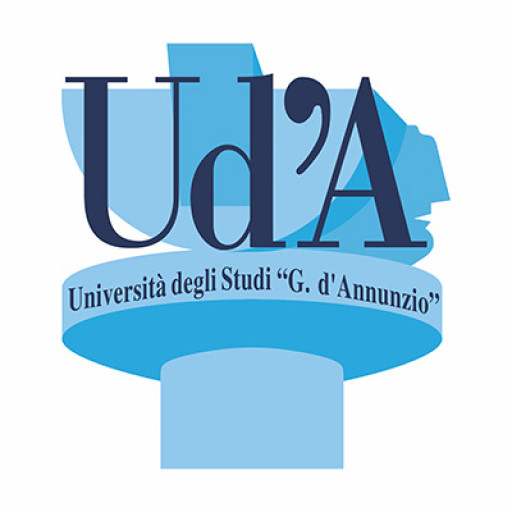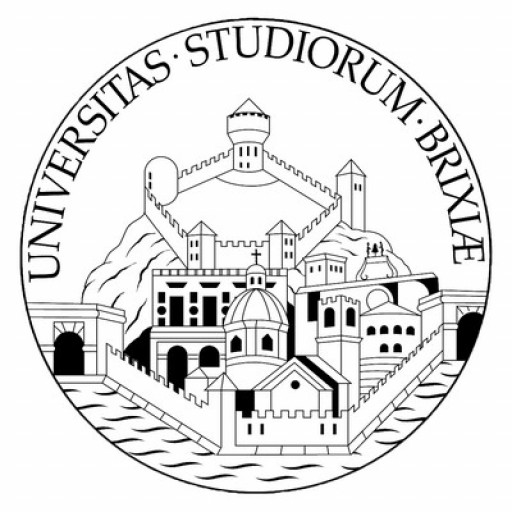Photos of university / #dundeeuni
The Bachelor of Dental Surgery with a focus on Oral Health Sciences at the University of Dundee offers an innovative and comprehensive education designed to prepare students for a rewarding career in dentistry and oral health care. This undergraduate program combines rigorous academic coursework with practical clinical experience, enabling students to develop a deep understanding of the complex interactions between oral health and general health. Throughout the program, students will explore a wide range of topics including dental anatomy, physiology, microbiology, dental materials, radiology, and patient management, all within a supportive learning environment that emphasizes evidence-based practice.
The curriculum is carefully structured to ensure that students acquire not only the theoretical knowledge necessary for providing high-quality dental care but also valuable clinical skills through supervised practice in our state-of-the-art clinic facilities. Students will have opportunities to hone their communication and patient management skills, essential for effective interaction with diverse patient populations. Ethical considerations, professionalism, and the importance of lifelong learning are integral components of the program, fostering the development of well-rounded health professionals committed to improving oral health outcomes.
In addition to core dental subjects, the program emphasizes interdisciplinary learning, integrating aspects of medicine, public health, and behavioral sciences to prepare students for the multifaceted nature of modern dental practice. The program also provides exposure to research methods, encouraging students to engage in inquiry and critical analysis, laying a solid foundation for future specialization or academic pursuits.
The University of Dundee is renowned for its supportive academic community, dedicated faculty, and modern facilities that offer a conducive environment for learning and professional growth. Our students benefit from small class sizes, personalized tutorials, and opportunities for research collaborations. Upon graduation, students will be equipped with the knowledge, skills, and professionalism required to pursue a successful career as a general dentist or specialize further in areas such as orthodontics, periodontics, or oral surgery.
The program is accredited by relevant regulatory bodies, ensuring that graduates meet the highest standards of clinical competence and ethical practice. Graduates of the Oral Health Sciences program are well-positioned to contribute significantly to improving oral and overall health in their communities, embodying the University of Dundee’s commitment to excellence in health sciences education.
Detailed Course Facts
Application deadline January 15 Tuition feeThe fees you pay will, in most cases, depend on your current country of residence.
The fee shown is annual, and may be subject to an increase each year.
Fee category
Fees for students starting September 2015
Scottish students
£1,820 per year of study (for Sept 2014 entry). Fees for September 2015 will be confirmed by the Scottish Government in early 2015.
Rest of UK students
£9,000 per year of study. See our scholarships for rest of UK applicants.
EU students
£1,820 per year of study (for Sept 2014 entry). Fees for September 2015 will be confirmed by the Scottish Government in early 2015.
Overseas students (non-EU)
Not applicable
Not specified Start date September 2015 This Course Starts in September Duration full-time 36 months Languages Take an IELTS test- English
Course Content
What you will studyLevel 1
At Level 1 you will study the biomedical sciences (anatomy, physiology, embryology, genetics, pathology, histology and biochemistry) and learn about the oral cavity in oral biology. Manual skills are also developed and you will start to treat patients in the second semester. The types of treatments carried out at this stage will include giving oral health advice, measuring the oral condition and carrying out periodontal (gum) treatment. Modules include:
- Foundation
- Biomedical Sciences and Oral Biology
- Restorative 1
- Plaque-related Diseases
- Clinical Practice 1
Level 2
Level 2 sees the introduction of additional clinical skills and you start treating patients for restorative procedures such as dental fillings. Modules include:
- Human Disease
- Restorative 2
- Imaging
- Behavioural Sciences
- Clinical Practice 2
Level 3
At Level 3, you continue with clinical work both within the Dental Hospital and in community outreach clinics. The outreach clinics give you exposure to different population groups. Treatment will include the provision of dental care for children and special needs groups. Modules include:
- Clinical practice 3
- The Developing Dentition
- The Therapist and the Community
Examinations are held throughout the course. A continuous grading scheme is in operation during practical and clinical teaching.
Requirements
See the Course Homepage for Full Details
Work Experience
No work experience is required.
Related Scholarships*
- Academic Excellence Scholarship
"The Academic Excellence Scholarship can provide up to a 50 % reduction in tuition per semester. These scholarships will be renewed if the student maintains superior academic performance during each semester of their 3-year Bachelor programme. The scholarship will be directly applied to the student’s tuition fees."
- Access Bursary
Bursary for UK students all subjects where the variable tuition fee rate is payable.
- Alumni Bursary
Alumni Bursary for UK Undergraduate students
* The scholarships shown on this page are suggestions first and foremost. They could be offered by other organisations than University of Dundee.
Accreditation
Professional Accreditation:
Approval from the governing body for dentistry in the UK, the General Dental Council (GDC)










